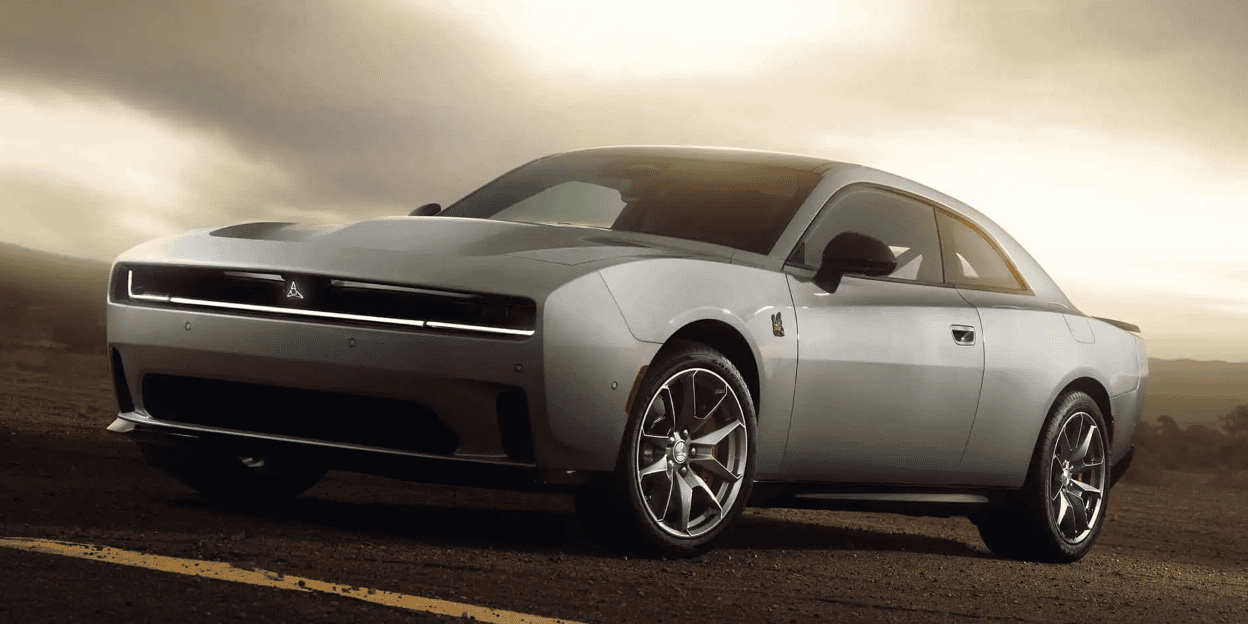**Critics have often said solid-state batteries are always five years away from becoming a reality. But now, that timeline has shortened to about two years, especially with more companies working on the technology. Stellantis is the latest company to jump in, announcing it will install solid-state batteries from its partner Factorial in a test fleet of Dodge Charger Daytona EVs by 2026. This is one of the first times this technology will be used in cars, even if they’re just prototypes.
Solid-state batteries replace the liquid electrolyte in conventional lithium-ion batteries with a solid substance, allowing for the use of more powerful anode materials. This results in much higher energy densities compared to current batteries. For example, Factorial says its cells can achieve up to 390 watt-hours per kilogram, while GM’s large pouch cells, which are similar in form, can reach around 280 wh/kg.
Factorial is a leader in developing solid-state cells, along with other American companies like QuantumScape, which partners with Volkswagen, and Solid Power, which has deals with Ford and BMW.
Most major solid-state battery companies have sent sample cells to their partners. However, Stellantis’ announcement marks the first time a carmaker has committed to showcasing prototypes using this technology. Solid Power claims BMW is working on a demo vehicle with its cells, but there hasn’t been much news from BMW.
Stellantis hasn’t shared many details about the battery packs for the experimental Dodge Charger Daytonas. But we know that Factorial makes 100 amp-hour cells, which it has provided to its partners. These batteries will likely be used in the experimental cars.
Also, remember that Mercedes-Benz recently invested in Factorial, so they might have a similar announcement soon. For now, Dodge’s new electric muscle car will be the first widely-publicized prototype using this exciting new battery technology.











